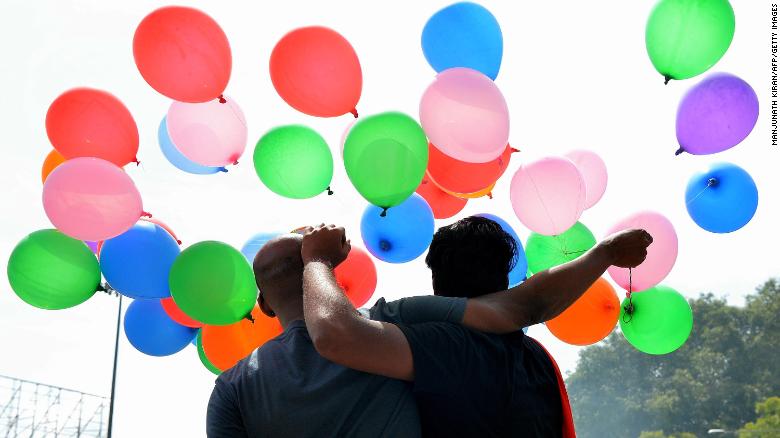India has taken a monumental step in normalising and accepting the LGBTQI+ community by overturning a law dating back 157 years that criminalised gay sex. A panel of 5 judges from the Supreme Court overturned Section 377 of the Indian Penal Code and were greeted with cheers, and an onslaught of emotion from activists waiting outside the courtroom.
Under the law, consenting adults of the same-sex who engaged in a sexual relationship could be persecuted, and faced life imprisonment if found guilty. The law had previously been overturned by the Supreme Court in 2009, but this was repealed in 2013. The Delhi High Court ruled that the law neglected basic human rights, as it described the relationships as “against the order of nature”. The Supreme Court reversed this four years later after a petition was started by conservative Christian, Hindu and Muslim groups.

The existence of the law symbolised an age of aggression and hostility towards the LGBTQI+ community. Activists have shared their struggles under the law since the hearings began.
“The soul of this nation had been bruised and battered because of this archaic law,” said LGBTQ advocate Harish Iyer.
“Today, we have reaffirmed our right to our bodies and our right to love. The rainbow flag is proudly hoisted in our hearts and minds as we celebrate this victory.”
Neighbouring nations like Singapore, Myanmar, and Sri Lanka still enforce laws that persecute people in same-sex relationships. It is hoped that the ruling will encourage other commonwealth nations who criminalise same sex relationships will follow in India’s footsteps.

Leave a Reply